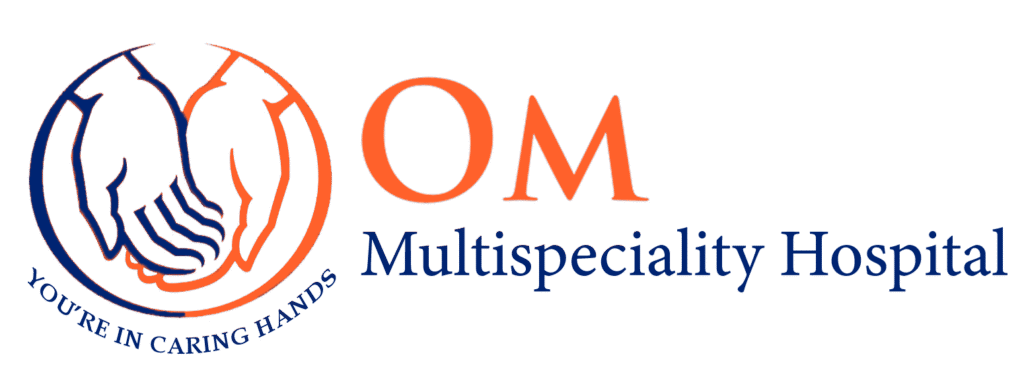Thyroid disorders are conditions that affect the thyroid gland, a small, butterfly-shaped gland located at the base of your neck. The thyroid gland produces hormones that play a crucial role in regulating metabolism, energy levels, body temperature, heart rate, and many other vital bodily functions. When the thyroid produces too much or too little of these hormones, it can lead to a range of health problems.
Here’s a summary of common thyroid disorders and their treatments:
Common Thyroid Disorders
-
Hypothyroidism (Underactive Thyroid)
Thyroid Hormone Replacement Therapy: The primary treatment involves taking synthetic thyroid hormone (levothyroxine) daily. This medication replaces the missing hormone and restores normal metabolic function. Dosage is adjusted based on blood tests.
-
Hyperthyroidism (Overactive Thyroid)
1. Antithyroid Medications: Drugs like methimazole or propylthiouracil reduce the thyroid's production of hormones.
2. Radioactive Iodine (RAI) Therapy: A common treatment that involves taking a dose of radioactive iodine, which is absorbed by the thyroid cells and destroys them, reducing hormone production.
3. Surgery (Thyroidectomy): Removal of part or all of the thyroid gland. This is an option for large goiters, severe hyperthyroidism, or when other treatments are not suitable. After surgery, patients usually require lifelong thyroid hormone replacement.
4. Beta-blockers: Used to manage symptoms like rapid heart rate, tremors, and anxiety, but they don't treat the underlying thyroid problem. -
Thyroid Cancer
1.Surgery: The main treatment, often involving removal of the thyroid gland (total thyroidectomy) and sometimes nearby lymph nodes.
2.Radioactive Iodine Therapy: May be used after surgery to destroy any remaining thyroid tissue or cancer cells.
3.External Beam Radiation Therapy: Less common, used for more advanced cases.
4.Chemotherapy or Targeted Drug Therapy: Used for very advanced or aggressive cancers that don't respond to other treatments.
Regular monitoring with blood tests (e.g., TSH, T3, T4) is essential for all thyroid conditions to ensure treatment effectiveness and adjust medication dosages as needed. Early diagnosis and appropriate management are key to preventing complications and maintaining a good quality of life.

